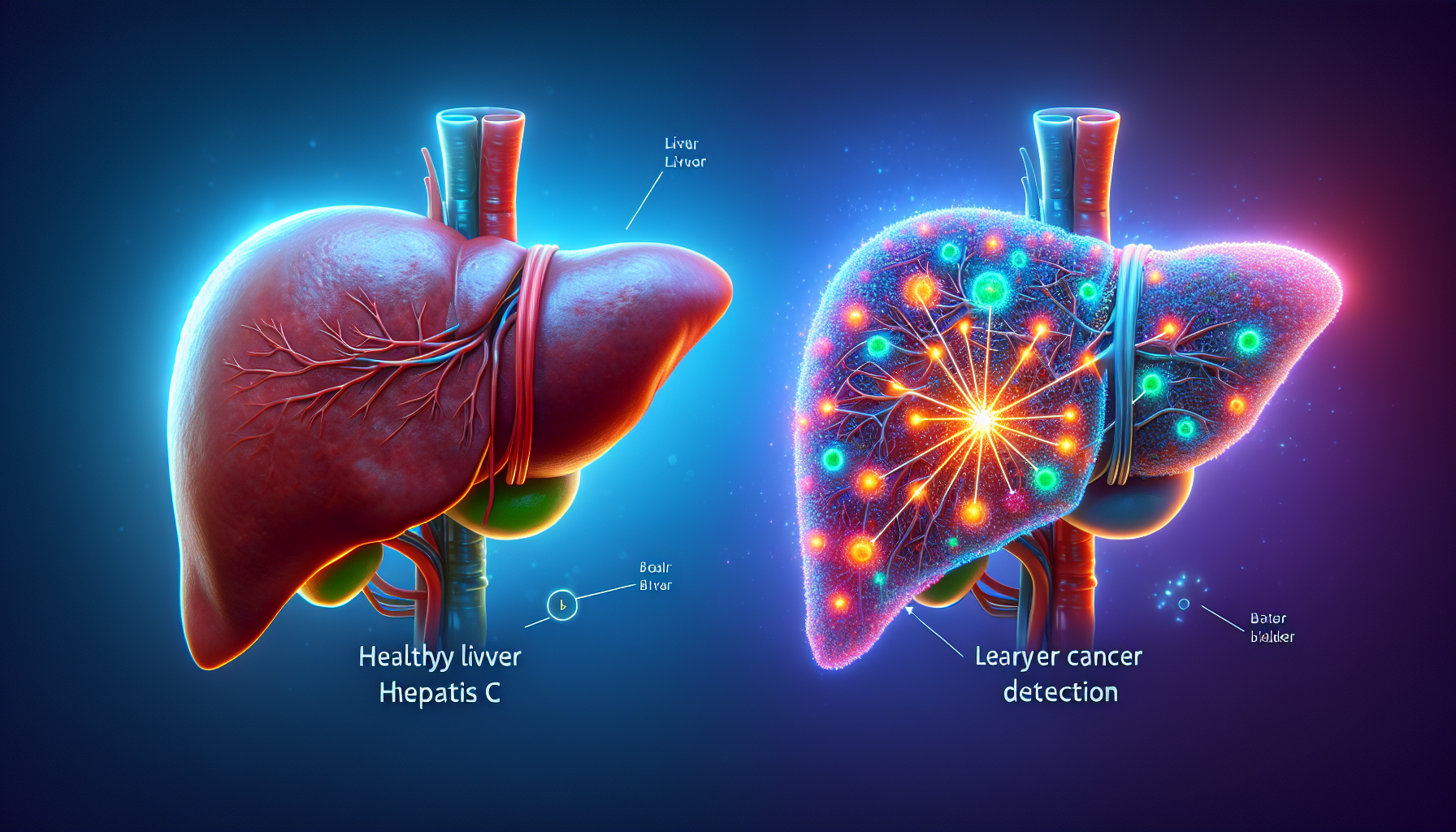New AI Blood Test Revolutionizes Early Lung Cancer Detection
Key Takeaways
- FirstLook Lung is an AI-driven blood test for early lung cancer detection.
- The test shows 80% sensitivity and 99.8% negative predictive value.
- Increased use of this test could significantly reduce lung cancer mortality.
Did You Know?
Introduction to Revolutionary Lung Cancer Screening
DELFI Diagnostics has announced a major advancement in the fight against lung cancer with their new AI-driven blood test. The test, named FirstLook Lung, represents a potentially transformative approach to early cancer detection using genomic sequencing.
The Importance of Early Detection
Lung cancer is the leading cause of cancer-related deaths globally. Early detection significantly increases survival rates, yet screening rates remain surprisingly low. Only about 5% of individuals eligible for lung cancer screening undergo the procedure annually, according to the American Lung Association.
This significant gap highlights the urgent need for accessible and efficient screening methods.
How FirstLook Lung Works
FirstLook Lung analyzes patterns of DNA fragments, or cell-free DNA, in the blood to detect signs of lung cancer. The test boasts a sensitivity of 80%, including the detection of early-stage cancer, and a negative predictive value (NPV) of 99.8%. This means that it effectively determines the absence of lung cancer in most cases.
The Study Behind the Breakthrough
The study supporting FirstLook Lung's effectiveness was extensive, including 958 participants separated into training and validation groups. The results confirmed that the blood test maintained high sensitivity and specificity across diverse demographics and smoking histories.
Researchers showed that even modest use of this test could significantly improve early-stage lung cancer diagnosis and reduce mortality rates.
Implications for Public Health
The successful validation of FirstLook Lung implies promising public health outcomes. By increasing early detection rates, it may be possible to decrease the number of lung cancer deaths considerably.
The study predicts that incorporating this test into routine screenings could lead to thousands of lives being saved annually, provided it is widely adopted.
Expert Opinions
Peter J. Mazzone, M.D., principal investigator of the L101 study, underscored the importance of a low-cost, high-sensitivity test for scaling up lung cancer screening efforts. “Our findings indicate that DELFI’s test meets critical criteria and has the potential to improve public health outcomes significantly,” he noted.
The Future of Lung Cancer Screening
DELFI’s Chief Medical Officer, Peter B. Bach, M.D., commented on the clinical milestone, emphasizing the company's commitment to making the test widely available. He highlighted that the test is now available as a laboratory-developed test (LDT) and that further studies, including those under an FDA breakthrough device designation, are in progress.
Insights from the Study Leader
Victor Velculescu, M.D., PhD, founder of DELFI Diagnostics, expressed his optimism regarding the breakthrough. “Five years ago, we dreamt of making noninvasive cancer detection accessible. Seeing it transformed into a high-performing test that can detect early-stage lung cancer is a significant achievement,” he said.
The Broader Impact on Cancer Detection
The success of FirstLook Lung bodes well for broader cancer detection efforts. The DELFI platform uses advanced machine learning and whole-genome sequencing to analyze cfDNA fragments, providing insightful data on cancer's presence even in its earliest stages.
This technology could be adapted to screen for other types of cancer, revolutionizing early cancer detection and treatment strategies globally.
References
- DELFI Diagnosticshttps://www.delfidiagnostics.com
- Cancer Discovery Journalhttps://cancerdiscovery.aacrjournals.org
- American Lung Associationhttps://www.lung.org






